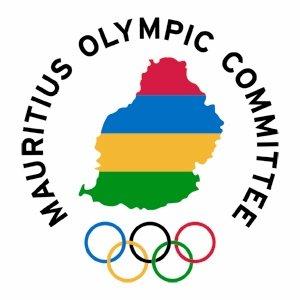About the Olympic Games
In 1894, the French Baron Pierre de Coubertin created the International Olympic Committee with the aim of reviving the mythical Olympic Games of Ancient Greece. The modern Olympic Games were launched in 1886 in Athens as an extension of the ancient Games, which were held in the sacred city of Olympia in honour of the gods of Hellenic mythology.
Since the Ancient Olympic Games marked a truce between rival Greek cities that were constantly at war, Pierre de Coubertin wanted to allow nations to settle their differences through sport, and thus promote peace, sportsmanship, interculturality and fair play in the world.
As in Ancient Greece, the modern Olympic Games are held every four years.
A brief chronology of the Olympic Games:
Since 2010
The Youth Olympic Games (YOG) are held in parallel with the Olympic GamesSince 1994
The Winter Games are no longer held at the same time as the Summer Games, and are organised two years later than the Summer Games.1960
First Paralympic Games in Rome, organised by Sir Ludwig Guttman. Since the Seoul Games in 1988, the Paralympic Games have been held in the same city and at the same time as the Olympic Games. Also, first appearance of the Olympic mascot1928
Inclusion of women's events at the Summer Games in Amsterdam. Also, first modern appearance of the Olympic flame, initiated by Carl Diem. The torch relay has been held since 1936.1924
First Winter Games in Chamonix.1920
Appearance of the Olympic flag, designed by Pierre de Coubertin.1896
Organisation of the first modern Olympic Games in Athens.1894
Creation of the International Olympic Committee by Pierre de Coubertin.394
The Christian Roman Emperor Theodosius I, influenced by Bishop Ambrose of Milan, banned the Games as a pagan festival.From 176 BC
The Games are opened to non-Greek citizens following the invasion of Greece by Rome.776 BC
Supposed date of the first Ancient Games, organised by Iphitos, King of Elisabeth. However, it is possible that the Games are even older.
